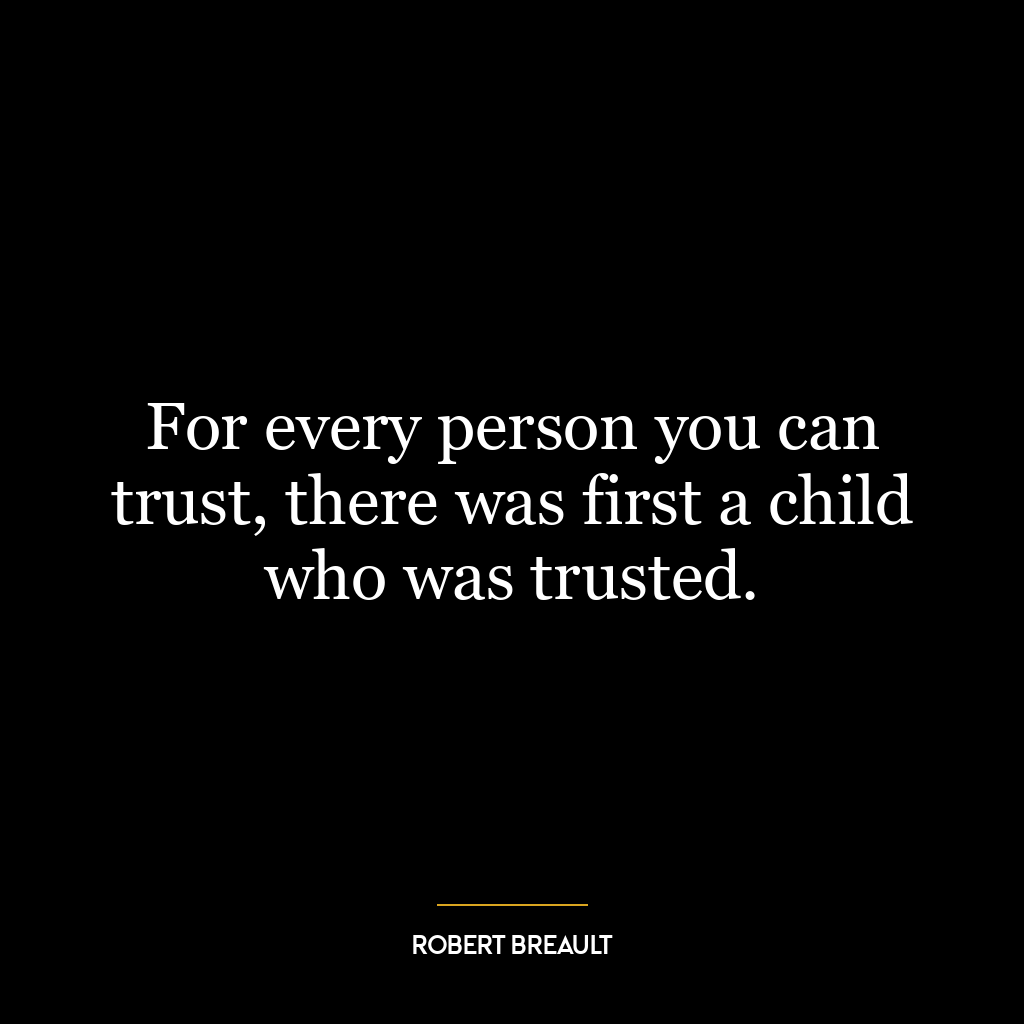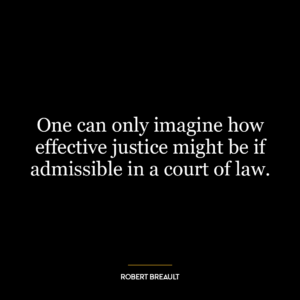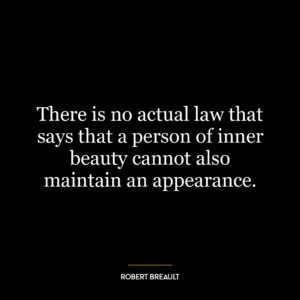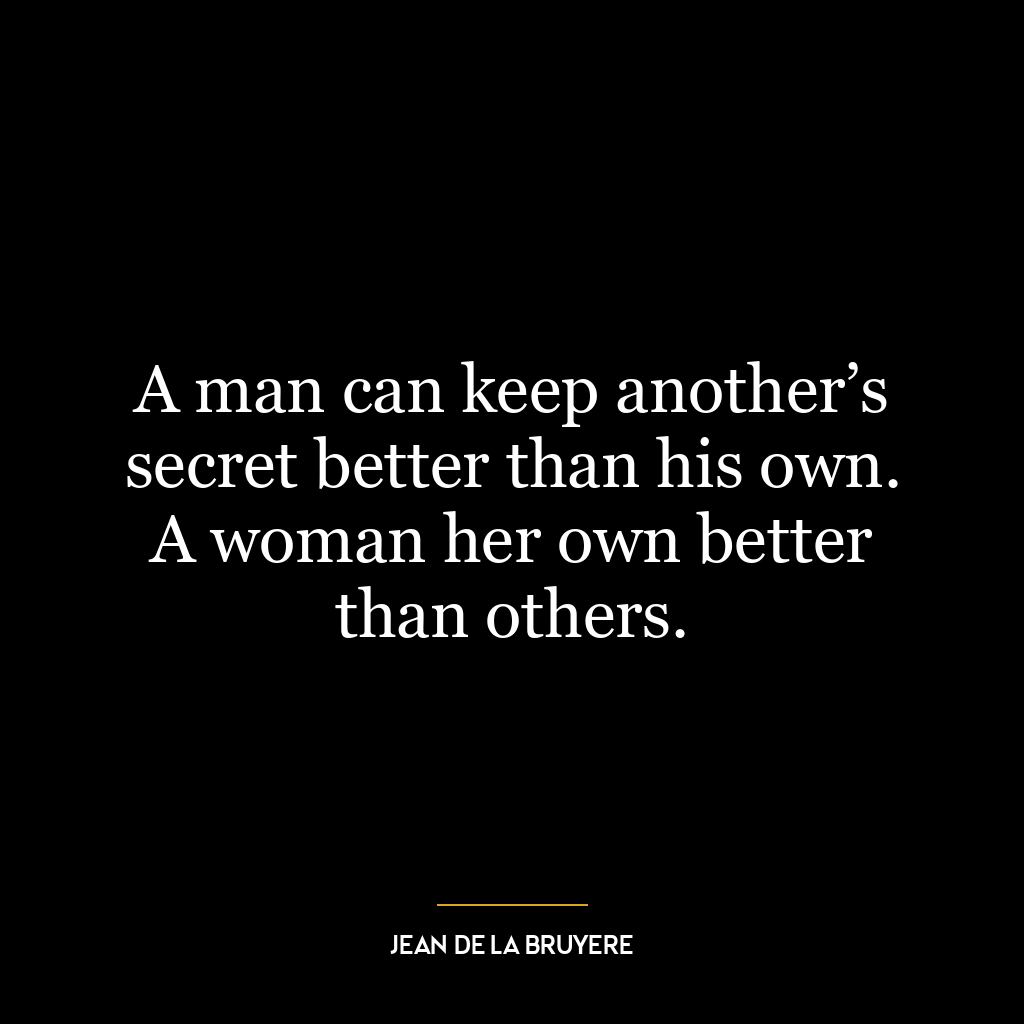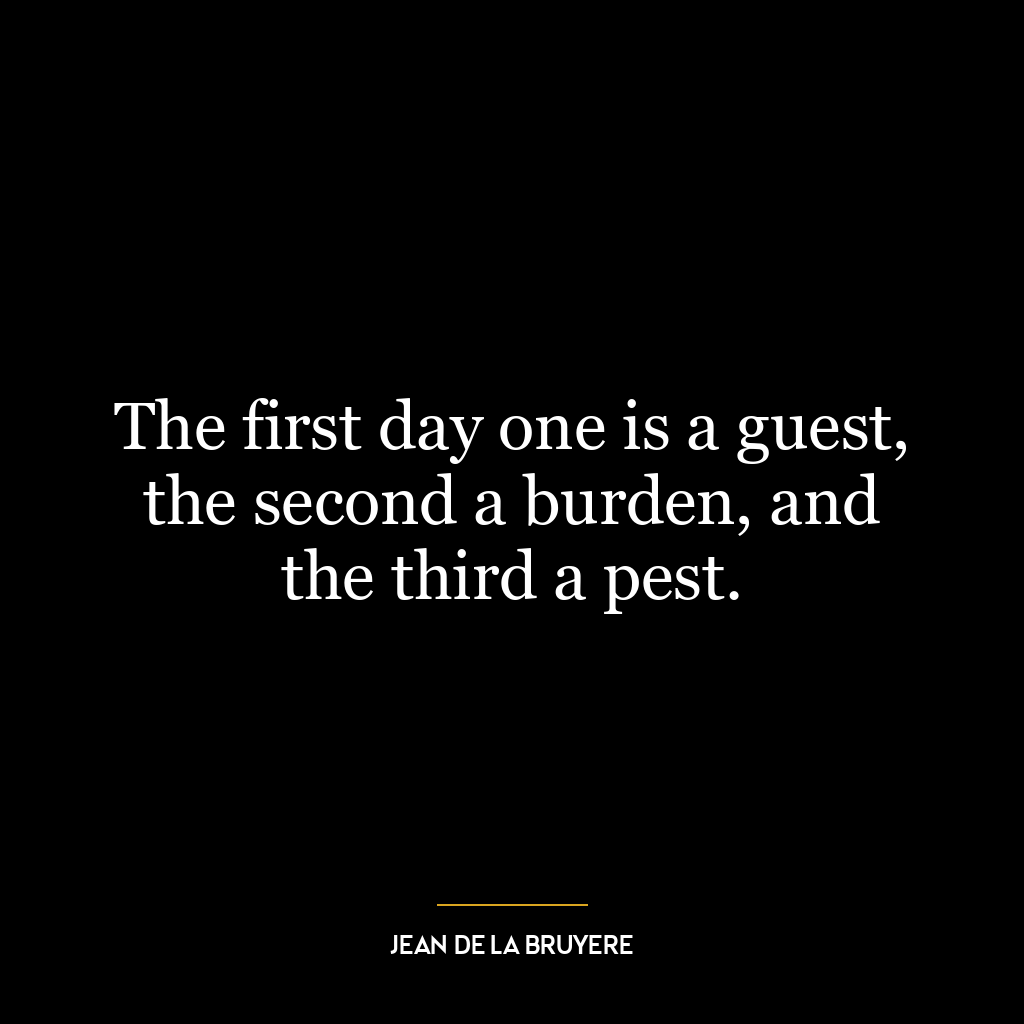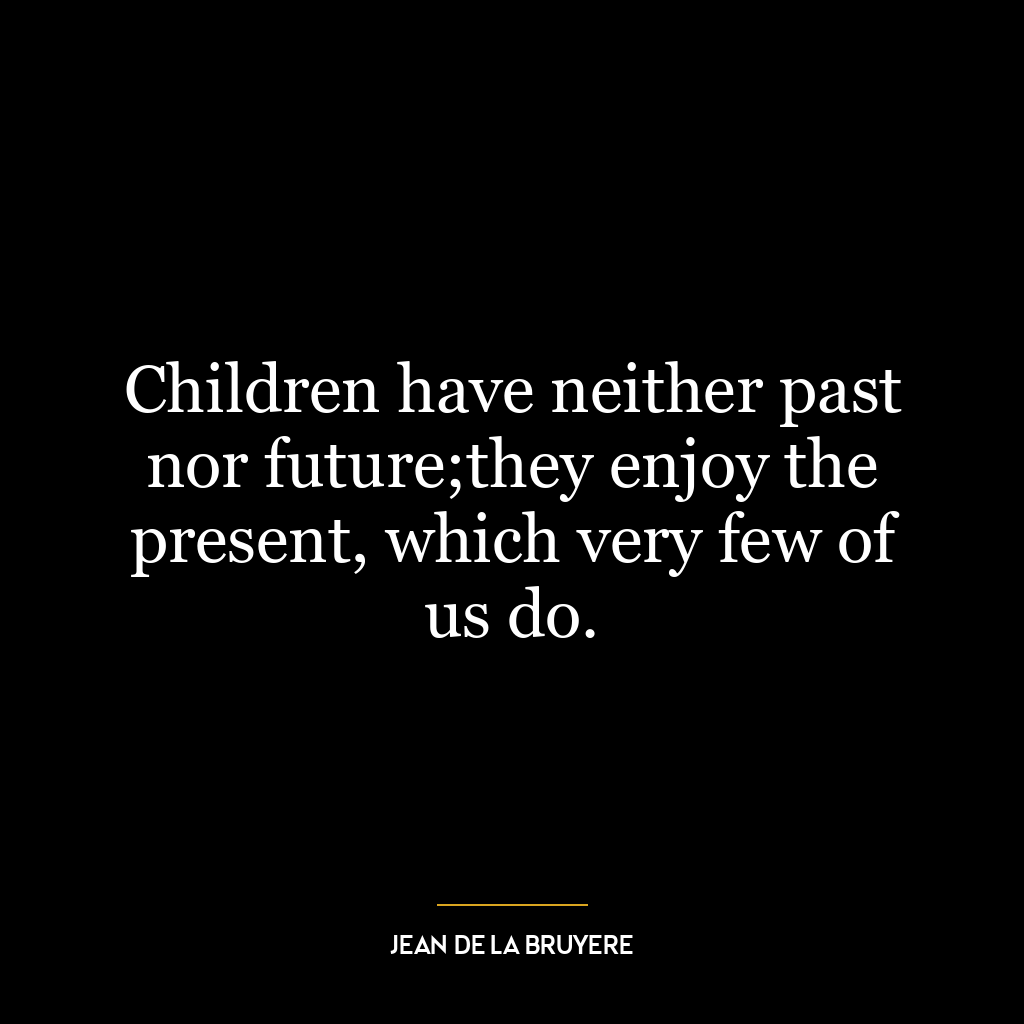For every person you can trust, there was first a child who was trusted.
this quote, “For every person you can trust, there was first a child who was trusted,” delves deep into the roots of trust and how it is indeed formed. It implies that trust isn’t an inherent trait but one that is nurtured over time, starting from childhood. when children are trusted with responsibilities or secrets,they learn the importance of being reliable and trustworthy. They understand the consequences of breaking that trust which helps them grow into adults who value and uphold this virtue.The quote also subtly points out the meaningful role parents, caregivers or educators play in shaping a child’s character. By entrusting children with tasks suitable for their age or sharing information confidentially, adults help them comprehend what it means to be dependable.In today’s world where deceit and dishonesty seem rampant in various sectors from politics to business, this idea holds immense relevance. It underscores the need for early childhood education to include lessons on moral values like honesty and reliability.
Furthermore, this principle can be applied in personal advancement as well. Trustworthiness is not just about keeping secrets; it extends to meeting deadlines at work or school, fulfilling promises made to friends or family members etc.,all of which require self-discipline and integrity – traits that are cultivated over time through repeated acts of being trusted.Henceforth, if society aims at having more trustworthy individuals who contribute positively towards its functioning – be it in professional spaces like workplaces or personal relationships – then investing faith in children becomes an essential step towards achieving this goal.

